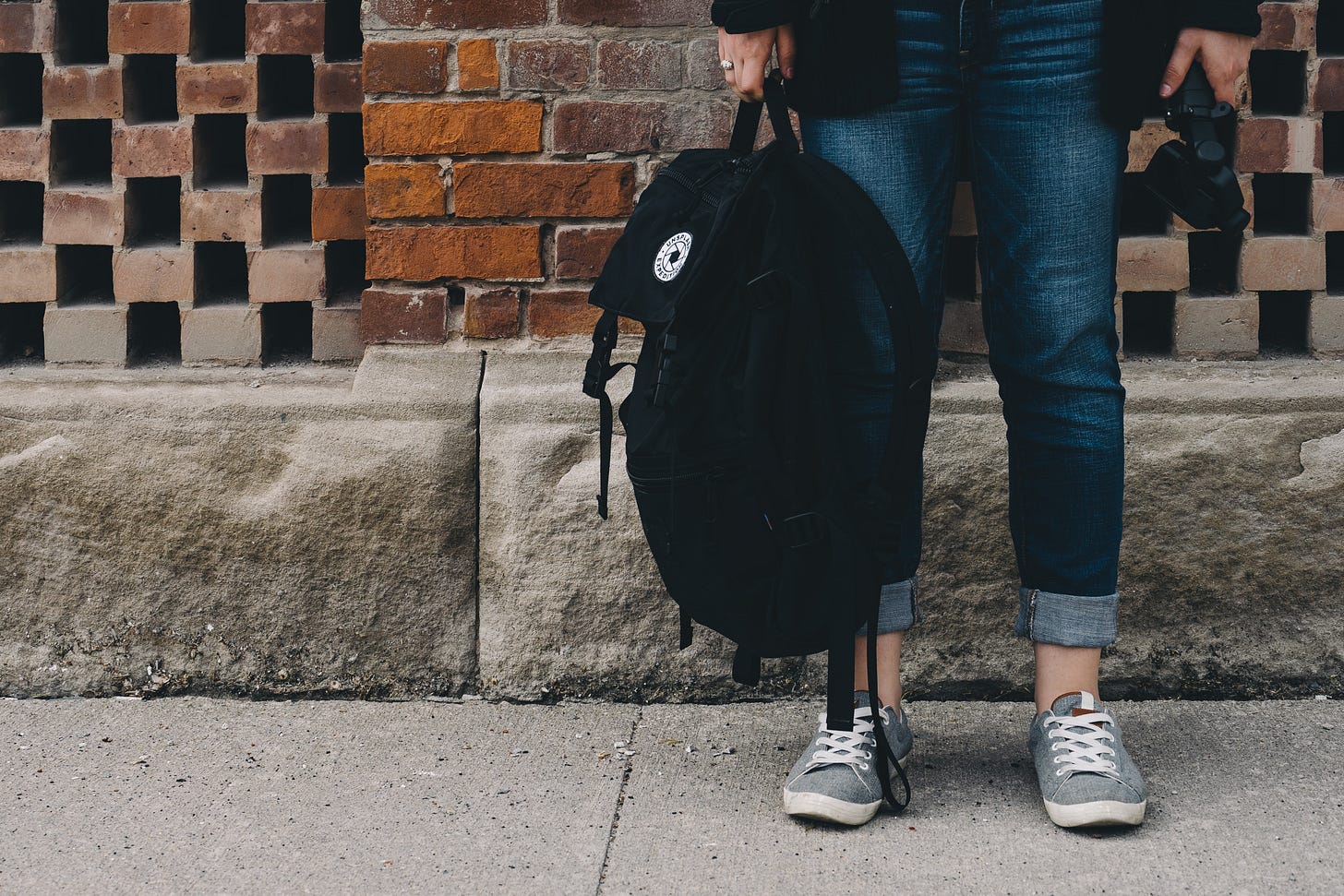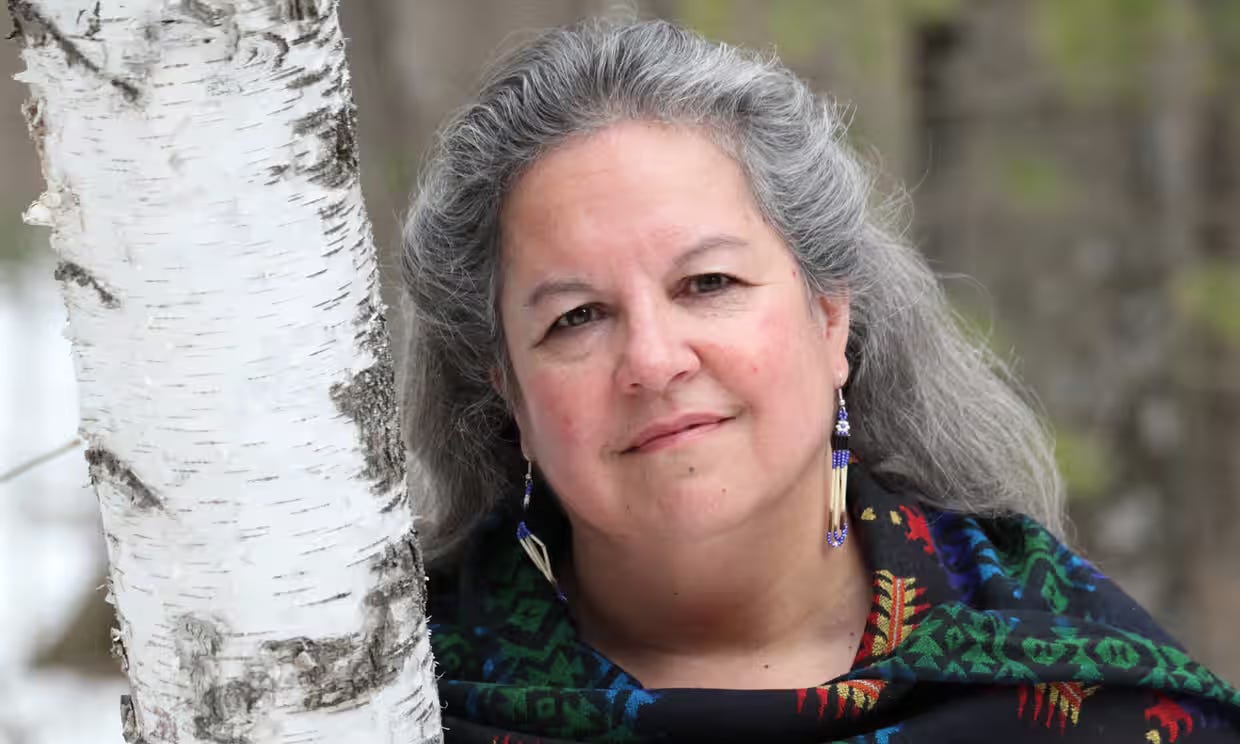What do we want our kids to learn this year?
Lessons from Braiding Sweetgrass author, Robin Wall Kimmerer
Matriarchy Report is a reader-supported publication. To support independent feminist journalism, become a paid subscriber, starting at $5 a month, using the link below.
If this essay is useful to you, your help (likes, comments, shares, subscriptions) make a big difference in making this newsletter sustainable.
Tomorrow is the first day of school for our family, and the jitters are real. We’ve been holding our breath for weeks, as information about who the teachers will be and which kids will be in our daughter’s classroom has come trickling in. First day of school outfits are being assessed, lunch and snacks carefully planned, the final dinner of summer break (pizza, mac and cheese, M&Ms) being debated.
The next hurdle: finding after-school care. The juggle to find and pay for after-school care is so outrageous a Canadian co-worker of mine recently asked me why we haven’t all been marching in the streets over what should be a basic public good — adequate workday-long care for our kids. 8 million kids in the U.S. are enrolled in after-school programs, but that’s only 25% of all the kids who need after-school.
In California, which has spent more state-money to subsidize after-school than any other state, still suffers from a care worker shortage because, even with that funding, many of the positions are part-time and pay between $15,000 and $41,000 a year, hardly enough to cover a worker’s cost of living expenses.
All of this is to say that staying steady and calm through another big transition doesn’t come easily.
Which is why it was helpful recently to take some advice from the scientist Robin Wall Kimmerer, whose essays in her best-selling book, Braiding Sweetgrass, combine her studies of botany and Indigenous systems of community care (she is member of the Citizen Potawatomi Nation).
Her guidance boiled down to this: raise a garden, raise good kids, raise a ruckus.
It’s the ruckus part that really stands out to me today. (Maybe it was that Canadian colleague wondering why we weren’t all in the streets over lack of adequate care.)
As a botanist, Kimmerer’s ruckus focuses on addressing the impacts of climate change.
She told a story about one of her students, a recent graduate with an environmental science degree who was set to start a career doing climate justice work. Wasn’t she overwhelmed by the work to be done and the level of crisis?
The answer was no.
When you’re standing on the precipice, her student said, where you plant your feet is that much more important.
“I choose joy over despair,” Kimmerer said. “Not because I have my head in the sand, but because joy is what the Earth gives me daily, and I must return the favor.
Keep reading with a 7-day free trial
Subscribe to Matriarchy Report to keep reading this post and get 7 days of free access to the full post archives.



